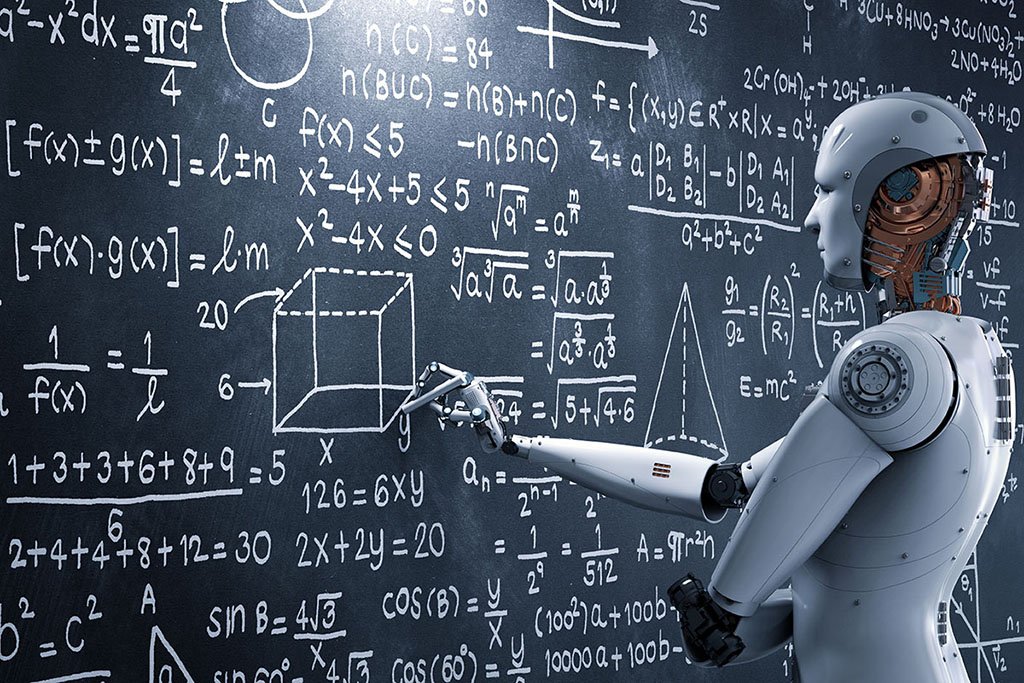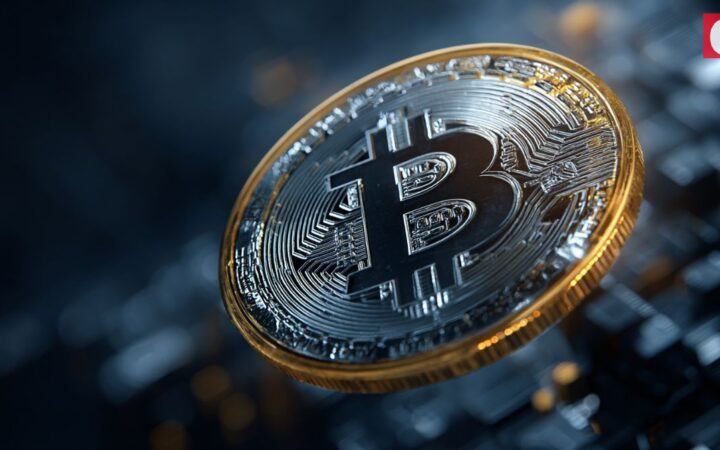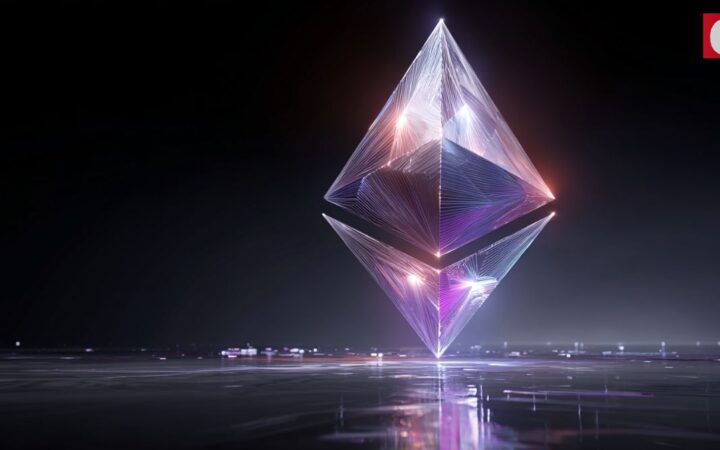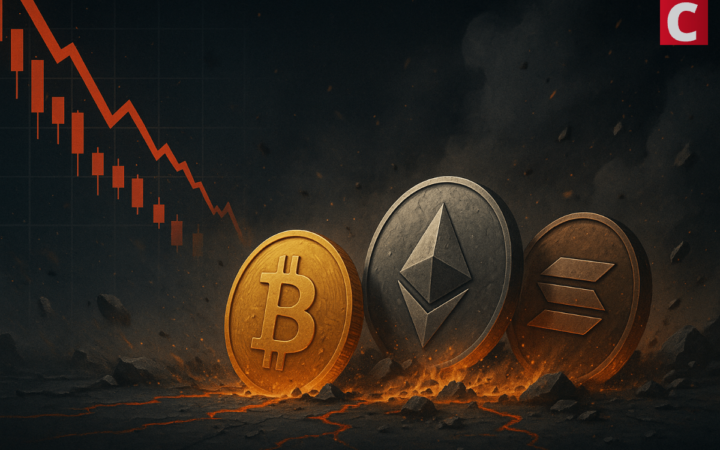
Artificial intelligence (AI) is one of the rapidly growing areas in the tech sector, but there are some significant barriers keeping the industry from truly expanding. Though interest and funding for AI has continued to grow at an impressive rate, the question of computational power still remains a bottleneck for the industry.
AI requires a lot of computational power. To give an idea of the power required, consider the Google DeepMind AI that beat Lee Sedol at Go, the world champion of the Chinese board game. To beat Sedol at his own game, the AlphaGo algorithm was run on multiple machines with its usage totaling 1,202 central processing units (CPUs) and 176 graphics processing units (GPUs).
That was for one game of Go. Now imagine the amount of power necessary for running even more complex and large scale AI practices across the globe; compute power is a major factor for the continued improvement of AI.
Fortunately, the future of AI processing and development is likely to benefit greatly with advances in quantum computing. Tristan Greene with The Next Web sees this advancement coming with quantum computers and says that:
“Once quantum computer surpasses the capabilities of supercomputers – a feat that’s nearly been accomplished – we’ll need methods for creating instructions and understanding the vast amount of data they produce. AI is perfectly suited for this, and according to experts it’s the next logical step.”
However, no one knows exactly when that time for quantum computing is going to come. Though quantum computing advances are promising and look to revolutionize the world of supercomputing and play an integral role in AI development, the technology simply isn’t there yet and the timeline is still unclear.
AI developers are then left figuring out how to handle the need for large amounts of computational power in the meantime without quantum computers. Does blockchain technology have the answer?
Blockchain Technology and the World of AI
While waiting for advancements in the world of quantum computing, another disruptive technology is providing solutions for the industry: blockchain technology. The same technology already known for making its way into nearly every facet of the tech industry is also coming to AI. Besides its basis as a mainstay in popular cryptocurrencies like Bitcoin, blockchain technology is also known for its ability to generate vast distributed networks of processing power.
For those cryptocurrencies relying on the Proof-of-Work (PoW) consensus mechanism like Bitcoin and Ethereum (for now, at least until more Ethereum news about Casper Protocol are published), there is a lot of processing power behind each currency.
While cryptocurrency users are mostly just sending transactions, there’s an entire industry running the underlying process for the network. Those transactions are all being verified by individuals, companies, and groups of people mining on the network to validate blocks and mine for new coins.
The average Bitcoin or Ethereum user may seldomly think about those handling the network maintenance, but there’s an enormous amount of power exerted by these mining operations. During the height of the cryptocurrency frenzy in 2017, it’s estimated that cryptocurrency miners bought a total of 3 million graphics processing units (GPUs). That is a lot of computational power (and electricity) going to the networks. But what about using some of that power for other outcomes?
Putting Spare Computational Power to Use
This is where blockchain technology is looking to help the AI industry while waiting on the eventual development of viable quantum computing. Because cryptocurrencies have generated these large distributed networks of computational power, some are working to convince miners to shift their efforts or put their spare power to use in other ways.
Andrew Fraser is the Co-Founder and CEO of Tatau, a blockchain-based startup working on solving some of the issues in the AI industry, and sees room for improvement. According to Mr. Fraser:
“Market demand for AI compute doubles every 3.5 months, but supply isn’t keeping up. Suppliers are using price as a lever to control usage, and these dynamics are holding back innovation.”
In response to the current bottleneck stifling innovation, one answer is in blockchain-based decentralized networks. Large networks of computers, mining operations, and spare GPUs are able to offer the compute power that AI developers need.
Tatau is creating a system that allows those with spare compute power to connect with people who need the compute power for specific tasks, all on the blockchain. In the network, users will be able to take advantage of a global network of hardware that can be leveraged to efficiently complete their task.
While the AI industry waits for quantum computing to advance and become more accessible, blockchain-based solutions in the processing world are going to help AI developers gain access to the compute power necessary to deliver the outcomes they need.
Blockchain is integral in this because of the advantages a decentralized network has over a centralized, corporate-owned processing network. Martyn Levy, another Co-Founder of Tatau, pointed out the benefits of decentralizations when talking with Investopedia:
“Decentralized solutions will have a sustainable advantage over AWS in the foreseeable future as AWS runs a cost + model and will not reduce prices significantly. This means that the decentralized players will always have a price advantage (which doesn’t require achieving an ROI on deployed hardware capital cost).”
Besides the needs from those working on AI, these same blockchain-based systems can be utilized in other areas of interest as well. 3D animation, video rendering, and more can all benefit greatly from decentralized cloud computing systems that offer users access to the outcomes they need.
Furthermore, decentralized cloud computing systems have a strong price advantage and produce the same results. Until quantum computing is viable on a large scale, the markets look to blockchain.






